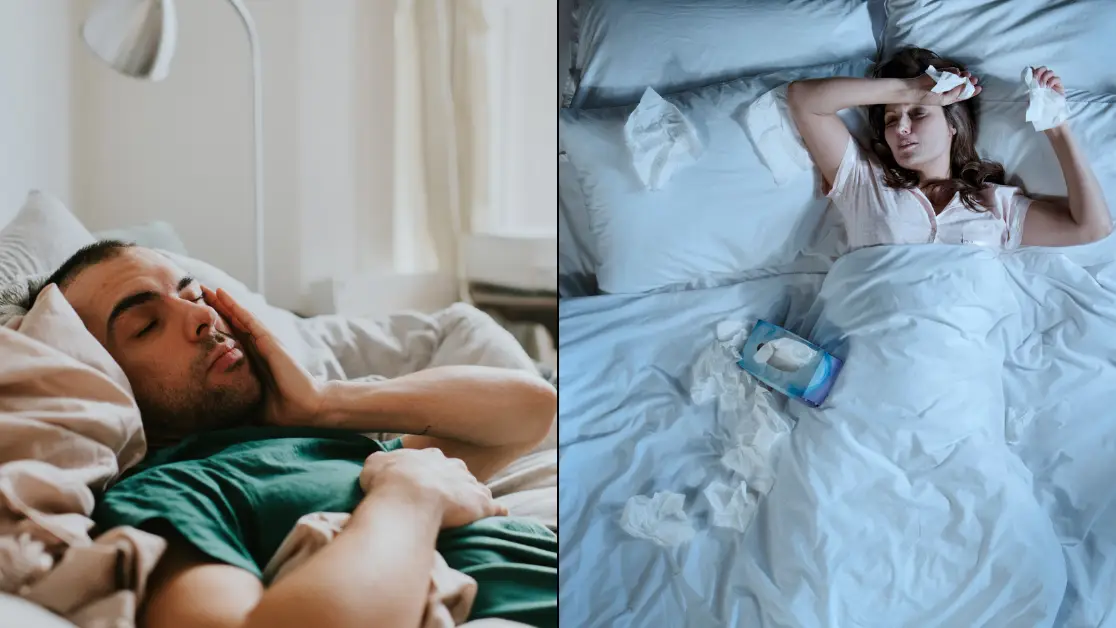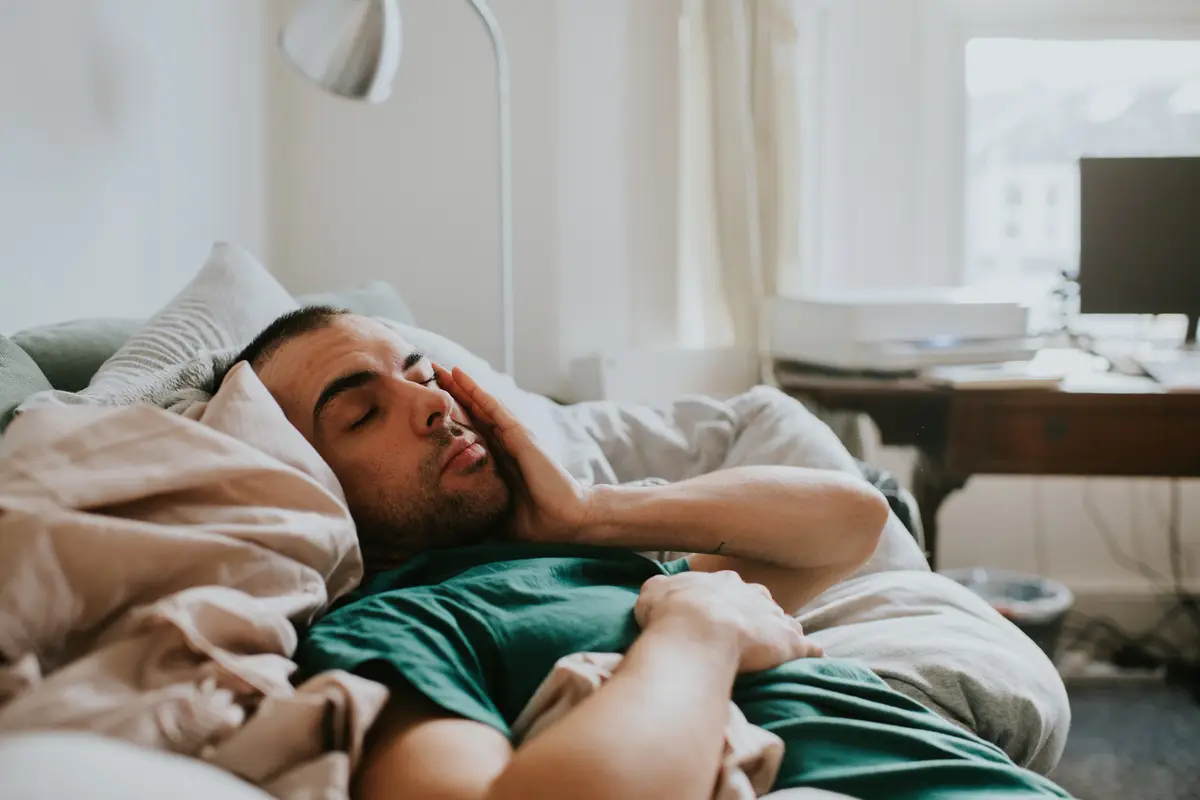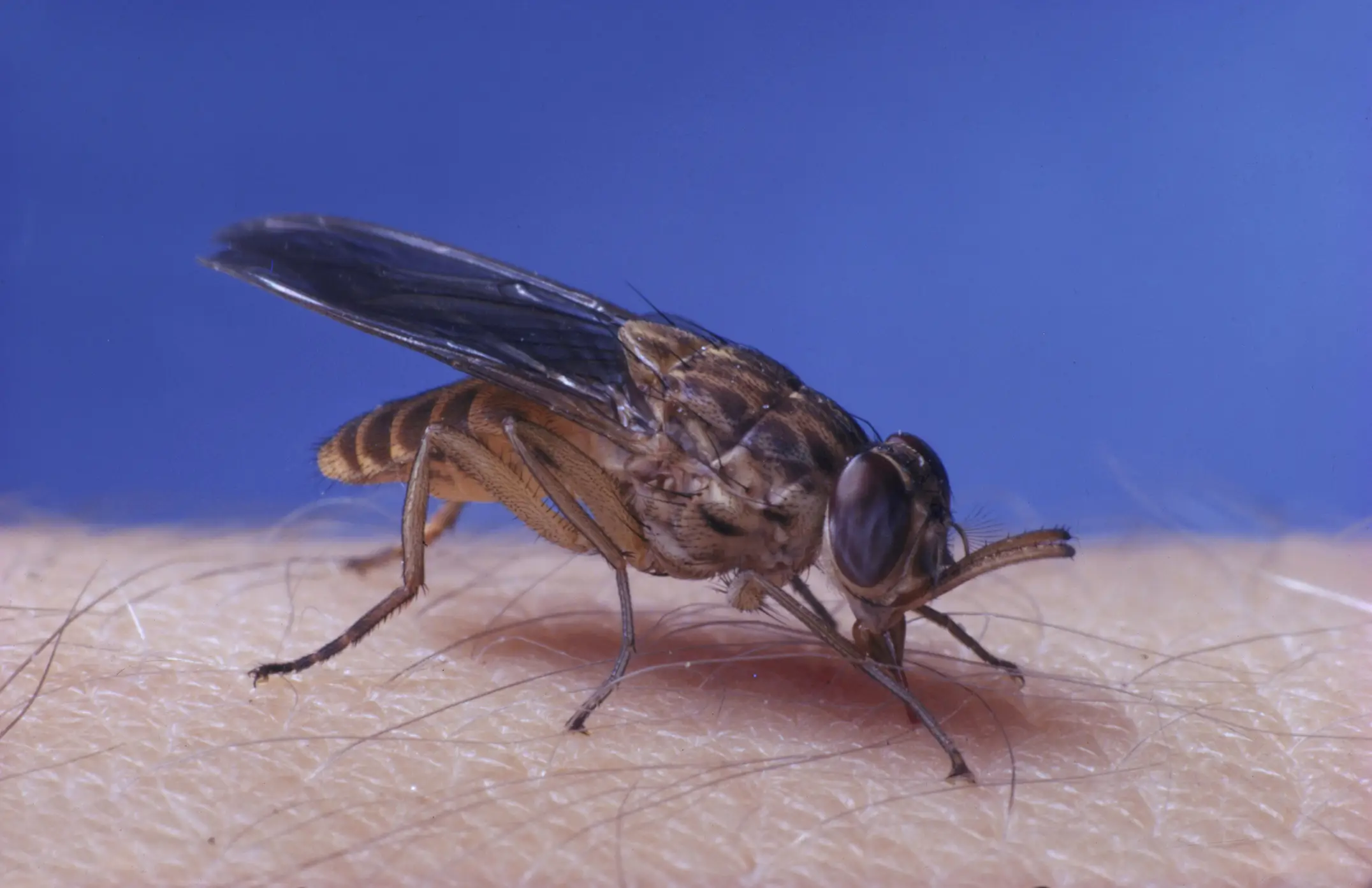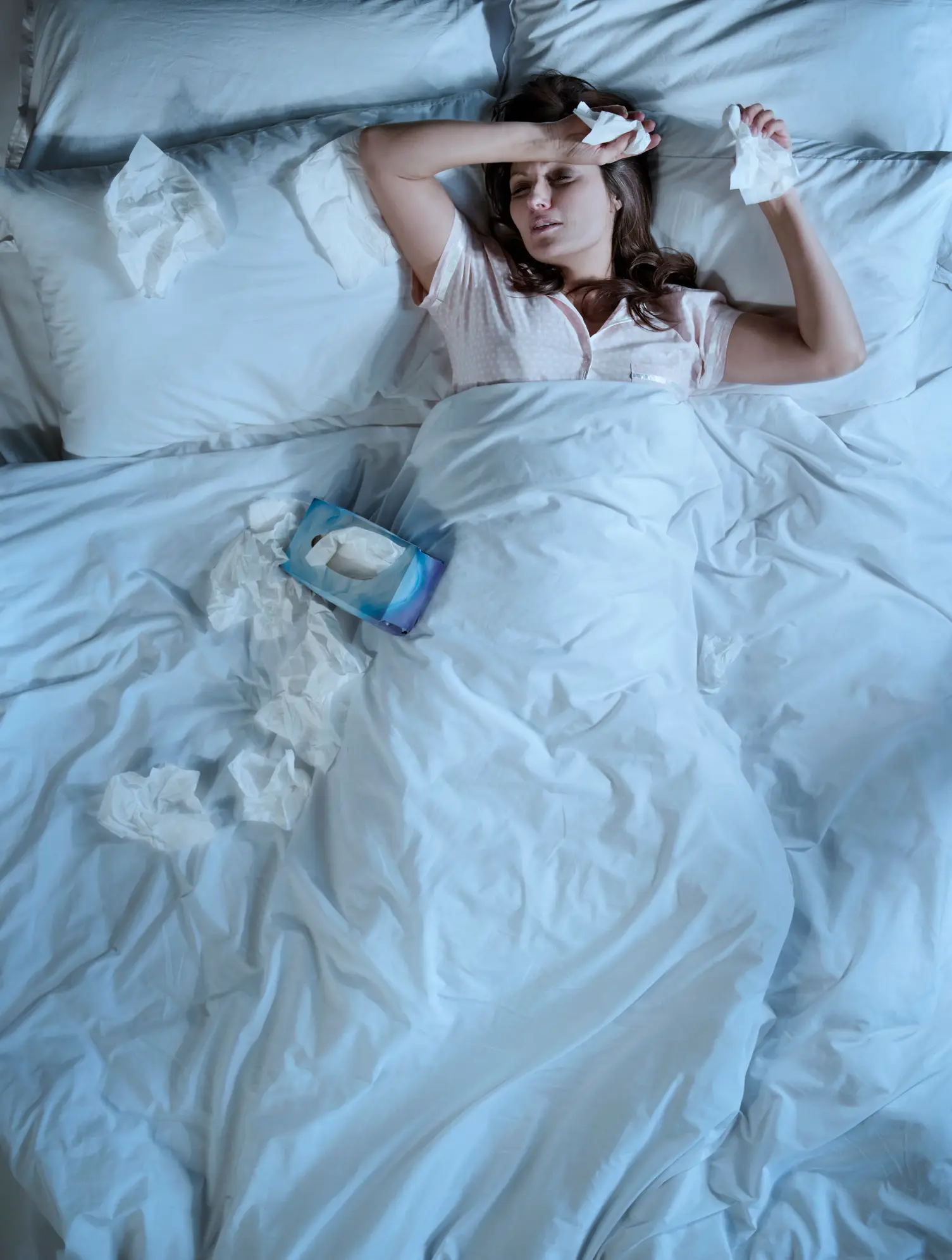
An urgent warning has been sent out to holiday-goers as a disease has been identified, and it doesn't have a known cure yet.
The World Health Organisation (WHO) has been quick to warn people about possibly contracting the sickness, which could prove fatal without proper treatment.
Though it can only be contracted in one part of the world, it is easy to get it, and advice has been issued on how you can best protect yourself.

What is the 'sleeping sickness'?
The disease is scientifically known as Human African trypanosomiasis (HAT), and it can be transmitted to humans through the bite of tsetse flies that have been infected with particular parasites.
Advert
Also known as sleeping sickness, the vector-borne parasitic disease is carried by flies normally found in sub-Saharan Africa, though travellers visiting these areas are putting themselves at 'risk' of contracting the disease.
However, those at the highest level of risk are people living in rural areas, particularly those involved in agriculture, fishing or hunting - and as mentioned previously, there is currently no vaccine or preventative medicine for HAT.
It gets its 'sleeping sickness' name from one of its common symptoms, which is a broken or disturbed sleep pattern.

What are the symptoms of the 'sleeping sickness'?
The scary part here is that anyone could be infected for months or years without showing any clear symptoms, and if they do appear, it is a sign that the disease is advanced, with the central nervous system (CNS) already compromised.
There are two types of sleeping sickness: East African Trypanosomiasis and West African Trypanosomiasis.
Either way, an infected person may notice a painful bite from the fly, occasionally causing a red sore, according to the Centres for Disease Control and Prevention (CDC) via The Express.
However, there are symptoms of East African Trypanosomiasis that can follow weeks later, such as:
- Fever
- Severe headaches
- Increased irritability
- Extreme fatigue
- Swollen lymph nodes
- Aching muscles and joints
It is also documented that 'some' people can develop a skin rash, and if your CNS has been invaded, you could experience confusion, changes in personality, and other neurologic problems.
The CDC further warns: "If left untreated, infection becomes worse and death will occur within months."
If any of these symptoms come up and you think it could be HAT, it is advised that you seek medical attention as soon as possible.

What can you do to protect yourself against the 'sleeping sickness'?
If you've already got a trip to sub-Saharan Africa planned, the CDC suggests that you take a number of precautions to best protect yourself from those pesky Tsetse flies.
They advice that you:
- Wear long-sleeved shirts and pants made of medium-weight material, to protect your skin and stop Tsetse flies from biting through your clothing
- Sport neutral coloured clothes, as the insects are attracted to bright and dark colours
- Inspect vehicles before getting in, as Tsetse flies are attracted to moving vehicles
- Stay away from bushes - if you were planning to jump around in some of these, please don't. The flies are less active in the hotter parts of the day and they rest in bushes, though they bite if disturbed.
- Insect repellent is your best friend, and you should be planning to use it anyway but even though they have not been proven effective in preventing bites from Tsetse flies, they stop other insects from biting and passing on other diseases.